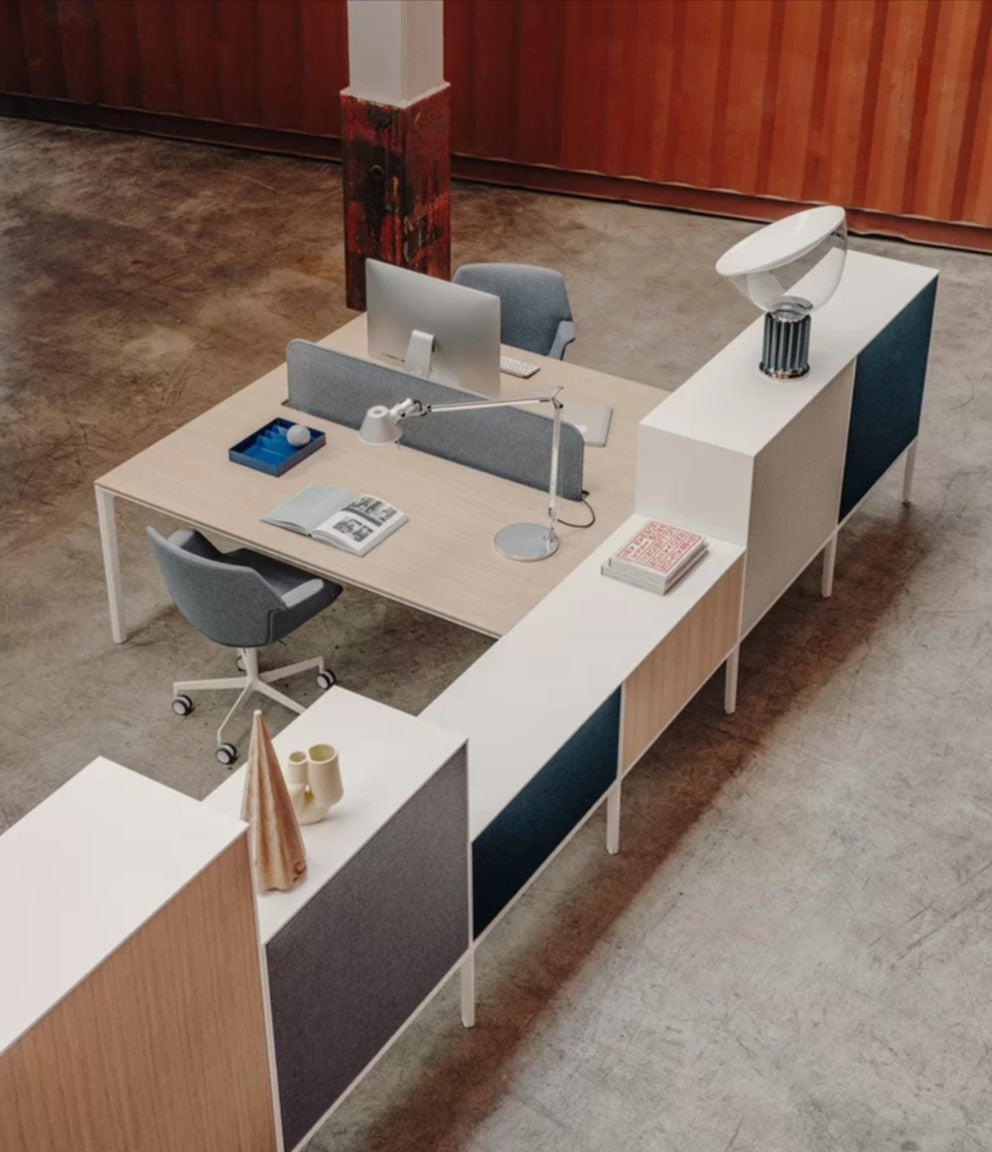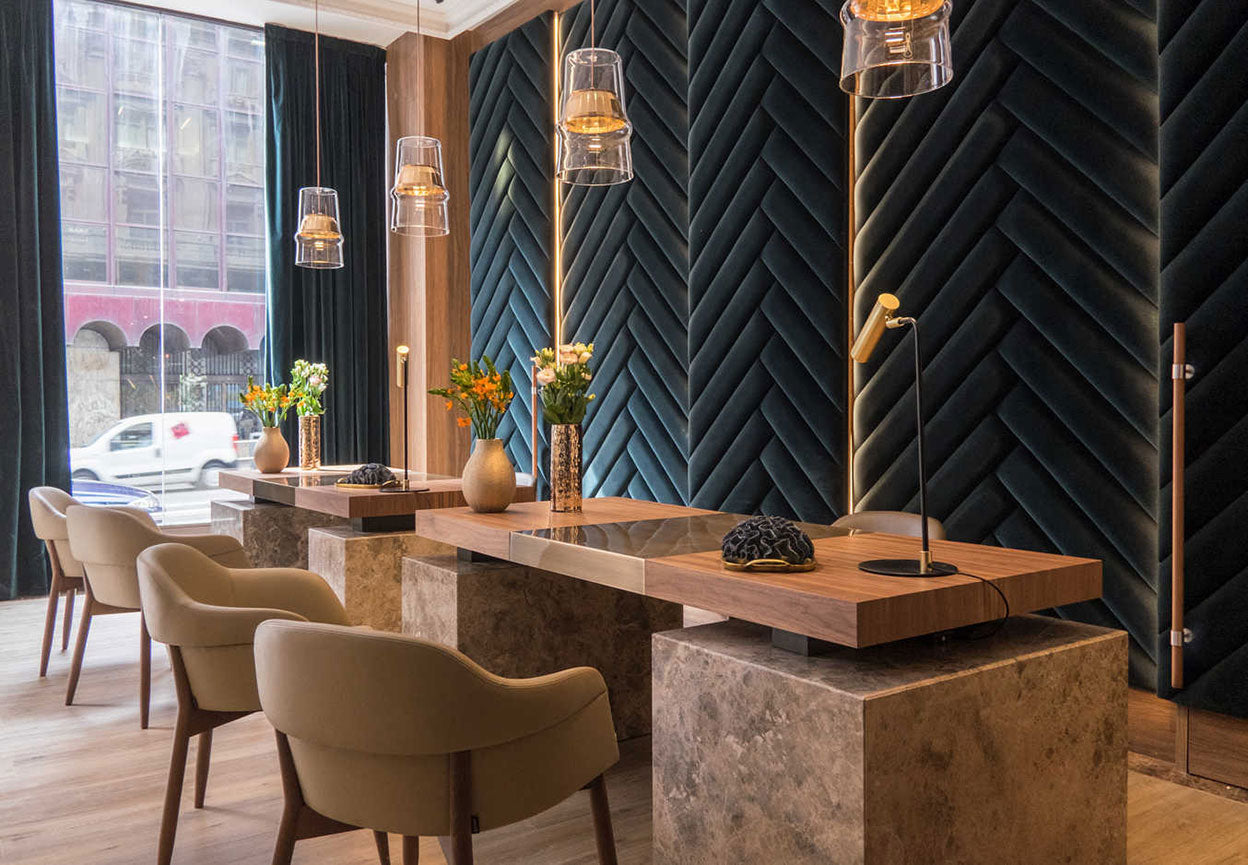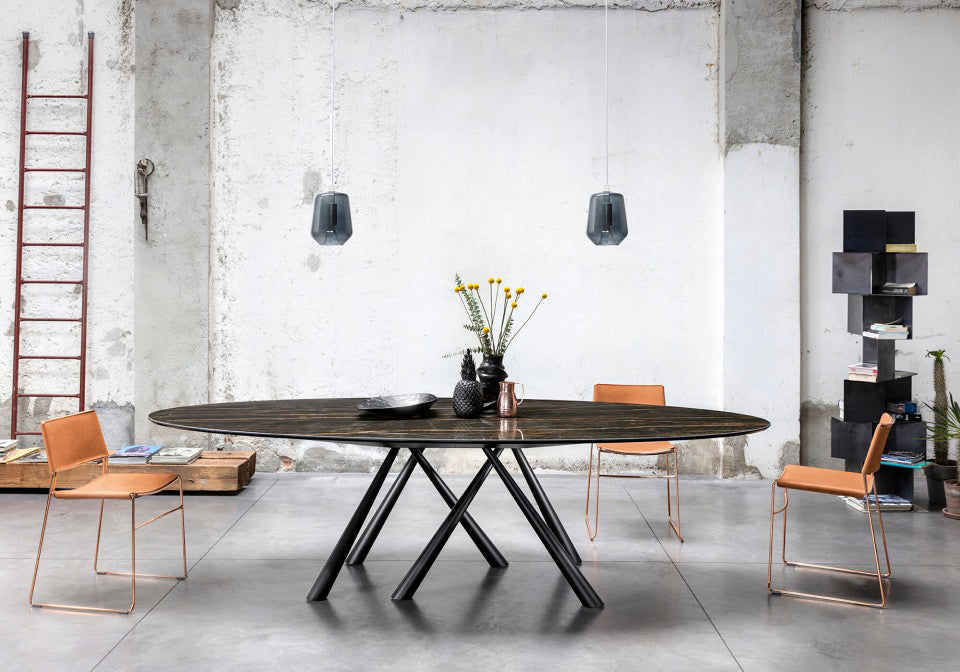
5 Companies that Transformed Their Office Spaces with Modular Office Furniture
Modular Office Furniture: Customization and Collaboration
In today's fast-paced and ever-evolving business world, office spaces have undergone a significant transformation. The traditional office layouts, characterized by cubicles and closed-off spaces, have been replaced by open, collaborative workspaces that encourage communication and creativity. Modular office furniture has played a key role in this transformation, offering flexibility, versatility, and functionality that traditional furniture lacks. Here, we'll take a closer look at five companies that have broken the mold and transformed their office spaces with the help of modular office furniture.
1. Bell Works, Chicago USA
The Ameritech Center in Hoffman Estates underwent a huge makeover and is now known as Bell Works Chicagoland. This beautiful place is designed like a mini-city, with everything from offices and co-working spaces to retail and community services. They even have plazas that are perfect for meetings and hangouts.
The public spaces are furnished with modular and easily reconfigurable furniture, like the remarkable PLUS island sofas, the ZA wooden benches, and KIPU poufs from the beautiful Italian brand Lapalma.
2. International Dermatologic Clinic, Madrid, Spain
Designing a welcoming waiting room is important in a health clinic. Lapalma's Lounge collection was chosen to furnish the waiting rooms at Cliníca Dermatológica Internacional in Madrid, with the ADD sofa as the centrepiece in the entrance lounge. The small lounges opposite consulting rooms include SCREEN partition panels and ADD lounge sofas to create a more private and comfortable waiting area for patients.
3. Gabriel Headquarters, Aalborg, Denmark
Gabriel Headquarters is the main office of Gabriel A/S, a Danish company that produces high-quality textiles for furniture and other interior design applications. The headquarters is located in Aalborg, Denmark, and is designed to reflect the company's commitment to innovation and sustainability. Their showroom and exhibition space allows clients and visitors to see and experience the company's latest textiles and design concepts. The Plus Sofa is configured in the shape of a beautiful island, and the modules of the sofa are articulated in a rich combination of Gabriel's materials.
4. Evoteq, Dubai, United Arab Emirates
The Evoteq office in Dubai has a series of workspaces designed for an interactive environment, including lounge areas and a mini social media space. A number of Lapalma's designs decorate the space. The AUKI armchairs by Hee Welling are the centerpieces of the lounge spaces, while the board meeting room features the UNO chair in a high backrest version. CUT armchairs are also provided for the shared workstation.
5. Brondi HQ, Torino, Italy
BRH+ designed Brondi's new headquarters with a contemporary office in mind, combining fluidity and flexibility of spaces with the need for privacy at workstations. The operational and exhibition areas are separated by large transparent partitions, while executive offices are fully enclosed for privacy. Acoustic comfort is achieved with SCREEN partition panels and ADD S storage systems, while the primary colors used reflect the company's identity. White ADD T modular tables and ADD S drawer units were selected for the working area.
What's new in the world of Modular Office Furniture?
Modular office furniture is gaining popularity as businesses look for flexible and adaptable solutions to meet the changing needs of their workspace. The latest trends in modular office furniture incorporate features that promote employee health and wellness, emphasize sustainability, facilitate collaboration, integrate technology, and allow for customization.
As companies focus on employee health and well-being, many office furniture manufacturers are incorporating ergonomic features into their designs. Height-adjustable desks, chairs with lumbar support, and standing desks promote comfort and reduce the risk of injury, contributing to a healthier and more productive work environment.
Sustainability is another key trend in office furniture design. Manufacturers are using eco-friendly materials such as bamboo, recycled wood, and recycled plastic to create durable and environmentally conscious furniture. This not only contributes to a sustainable workplace but also showcases a company's commitment to corporate social responsibility.
Collaboration is essential to modern workplaces, and modular office furniture is designed to facilitate teamwork. Movable partitions, flexible seating arrangements, and shared work surfaces are just a few examples of how modular furniture enables companies to create collaborative workspaces that encourage communication and creativity.
As technology becomes increasingly integral to the modern workplace, modular office furniture is incorporating features that accommodate digital needs. Built-in charging stations, power outlets, and cable management systems are some examples of how modular furniture can integrate technology seamlessly into the workspace.
Finally, modular office furniture allows for customization and easy reconfiguration, enabling companies to create personalized workstations and layouts that meet the specific needs of their employees. This flexibility means that as a business evolves, so too can the workspace, making it a versatile and cost-effective solution.
And so, the latest trends in modular office furniture highlight the importance of a comfortable, sustainable, and flexible workspace that promotes collaboration and accommodates technology. By incorporating these features into their designs, modular furniture manufacturers are helping businesses create dynamic and adaptable work environments that meet the needs of their employees and reflect their commitment to sustainability and innovation.







